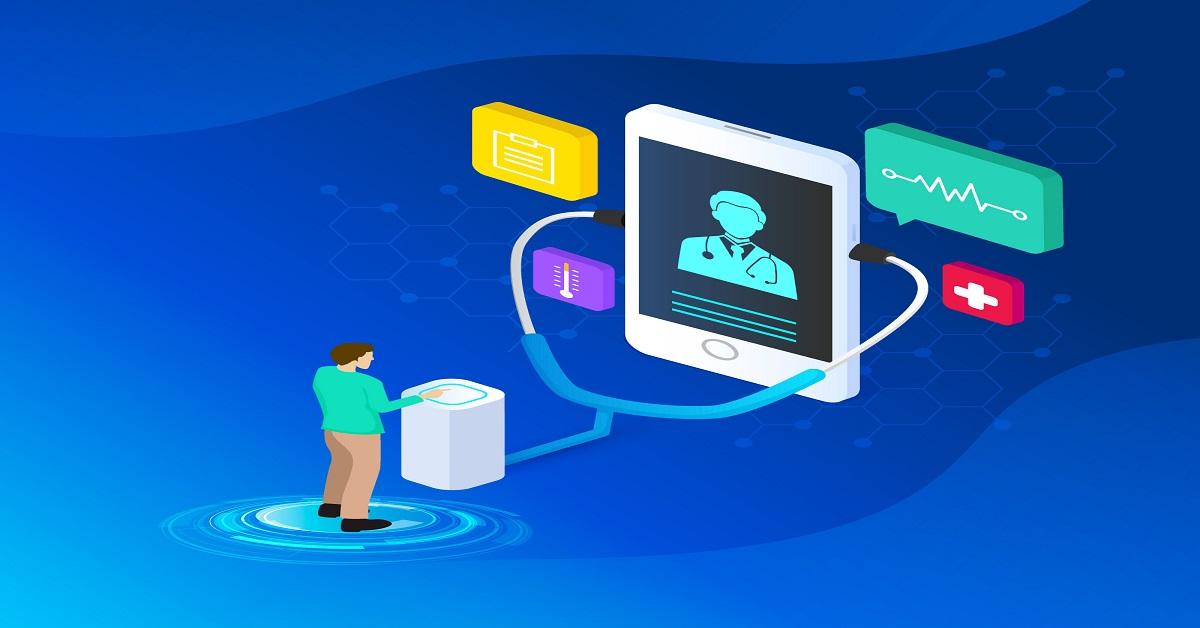How to Build a Doctor On-Demand App That Patients Actually Trust

In today’s digital-first world, healthcare is rapidly transforming, and doctor consultation app development is at the forefront of this change. These apps allow patients to connect with qualified doctors instantly, saving time and offering unparalleled convenience. Whether for general health queries, chronic condition management, or follow-up consultations, doctor consultation apps bridge the gap between patients and healthcare providers. With increasing demand for remote healthcare, investing in doctor consultation app development is a smart move for startups and healthcare organizations looking to offer secure, accessible, and efficient medical services. Building a trustworthy, user-friendly platform is key to long-term success in this space.
1. Understand the Purpose of a Doctor On-Demand App
A doctor on-demand app connects patients with licensed healthcare professionals via video call, chat, or voice. These apps serve various purposes:
- Provide medical consultations without physical visits
- Help patients access specialists remotely
- Reduce wait times and healthcare costs
- Improve convenience, especially in rural or underserved areas
However, trust is a critical component. Without it, users won’t share their health data or rely on the diagnoses provided. So, how do you build that trust?
2. Identify and Understand Your Target Audience
Before development begins, define your audience:
- Are you targeting individuals in remote areas?
- Busy professionals who need fast access to healthcare?
- Elderly patients needing chronic care support?
- Insurance companies or hospitals seeking digital expansion?
Understanding your users’ pain points and expectations helps you design an app that truly meets their needs.
3. Prioritize Security and HIPAA Compliance
In healthcare, data security isn’t optional—it’s mandatory. Your app must comply with regulations like:
- HIPAA (USA)
- GDPR (Europe)
- PHIPA (Canada)
Implement these features to build user confidence:
- End-to-end encryption for video calls and messaging
- Secure data storage and backup
- Two-factor authentication (2FA)
- Role-based access control for doctors and admins
- Clear privacy policy and consent protocols
By making privacy a core feature, you immediately position your app as a secure and responsible platform.
4. Choose a Trusted Tech Stack
A reliable and scalable technology stack is key to ensuring smooth performance. Here’s a typical setup:
- Frontend: React Native or Flutter (cross-platform support)
- Backend: Node.js, Django, or Ruby on Rails
- Database: MongoDB or PostgreSQL
- Video API: Twilio, Agora, or WebRTC
- Cloud Hosting: AWS, Google Cloud, or Azure
- Payment Gateway: Stripe, PayPal, or Razorpay
Speed, uptime, and responsiveness are critical for building patient trust—make sure your tech can handle real-time connections seamlessly.
5. Must-Have Features for a Trustworthy Doctor On-Demand App
Your app should feel intuitive, reliable, and secure to both patients and doctors. Key features include:
For Patients:
- Easy Sign-Up/Login via email, phone, or social platforms
- Profile Management for storing medical history and prescriptions
- Search and Filter to find doctors by specialization, language, rating, etc.
- Appointment Booking & Scheduling
- Video Consultations with high-quality, secure streaming
- E-Prescriptions that can be downloaded or sent to a pharmacy
- In-App Chat & Notifications for follow-ups or test results
- Payment Integration with clear pricing and receipts
- Ratings & Reviews to promote transparency
For Doctors:
- Profile Dashboard with experience, certifications, and schedule
- Patient Management System with notes and history
- Calendar & Availability Management
- Real-Time Notifications for new appointments
- Billing and Earnings Dashboard
6. Design with Empathy and Accessibility
Healthcare is deeply personal, so your app must feel human. Use soft colors, intuitive layouts, and clear navigation to ensure even elderly or tech-challenged users can navigate with ease.
- Support multiple languages
- Enable voice navigation for visually impaired users
- Use large, readable fonts
- Provide “Help” and “Emergency” buttons on every screen
A simple, empathetic design can make users feel supported, not overwhelmed.
7. Build Trust Through Verified Professionals
Ensure that only verified, licensed doctors are listed on your platform. Require:
- Government-issued ID and medical license verification
- Background checks
- Peer reviews or endorsements
- Regular performance and feedback audits
Highlight doctors’ qualifications, experience, and specialties on their profiles. Patients need to know they’re speaking with real, capable professionals.
8. Marketing and Brand Positioning: Be Transparent
Your marketing plays a big role in building trust. Be transparent in your messaging:
- Clearly explain your data policies
- Highlight security features
- Promote the credentials of your medical professionals
- Share testimonials and case studies
Use content marketing—blogs, videos, and FAQs—to educate users about telemedicine and its benefits.
9. Monitor, Improve, and Evolve
Post-launch, keep building trust through:
- Regular updates to improve performance and security
- Customer support with real-time chat and multilingual help
- User feedback loops for continuous improvement
- Community engagement through health tips, webinars, and Q&As
Trust is not built once—it’s earned every day through consistent, transparent actions.
Final Thoughts
Building a doctor on-demand app that patients truly trust isn’t just about writing code—it’s about understanding human needs, ensuring privacy, delivering quality care, and offering a seamless experience. With the right features, secure architecture, and compassionate design, you can create a platform that not only serves users—but empowers them to take control of their health.
If you're ready to transform healthcare through technology, now is the time to invest in doctor on-demand app development services that truly makes a difference.
- Art
- Causes
- Crafts
- Dance
- Drinks
- Film
- Fitness
- Food
- Games
- Gardening
- Health
- Home
- Literature
- Music
- Networking
- Other
- Party
- Religion
- Shopping
- Sports
- Theater
- Wellness
- Script
- App
